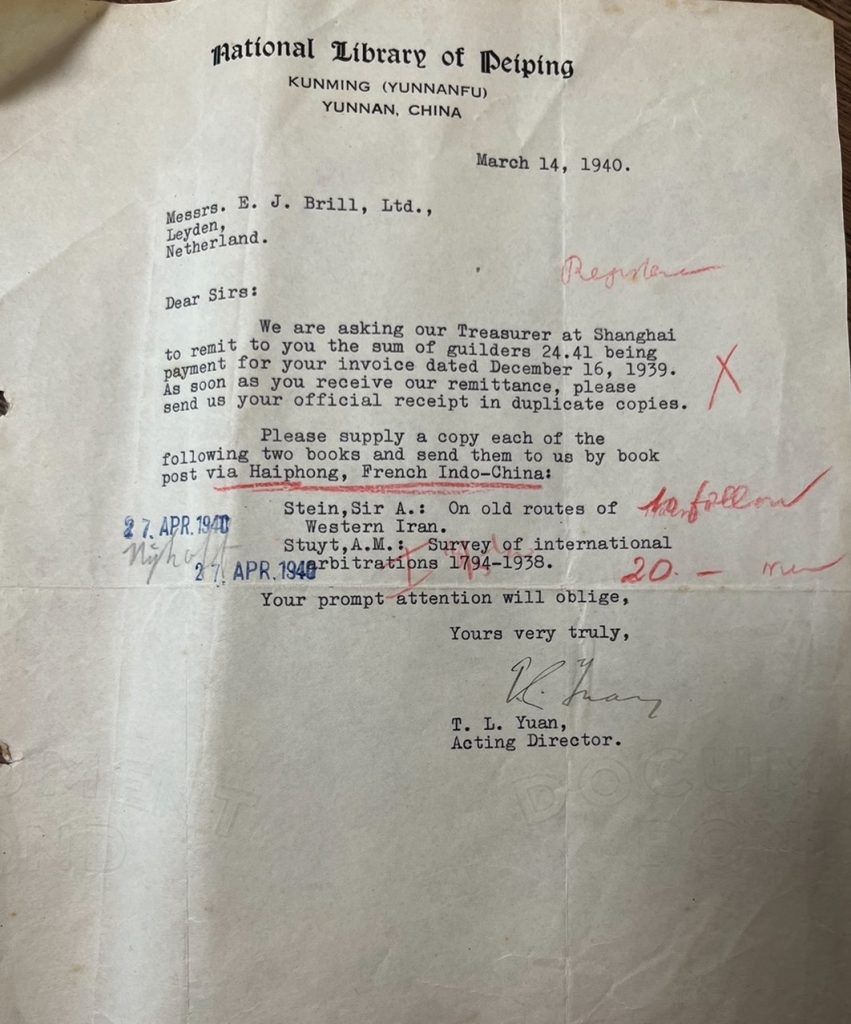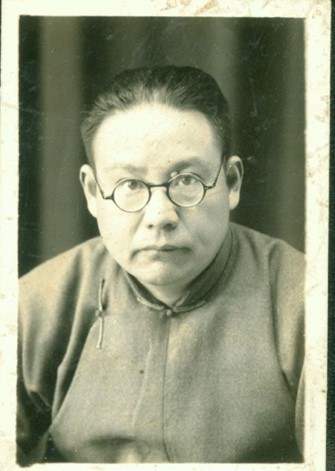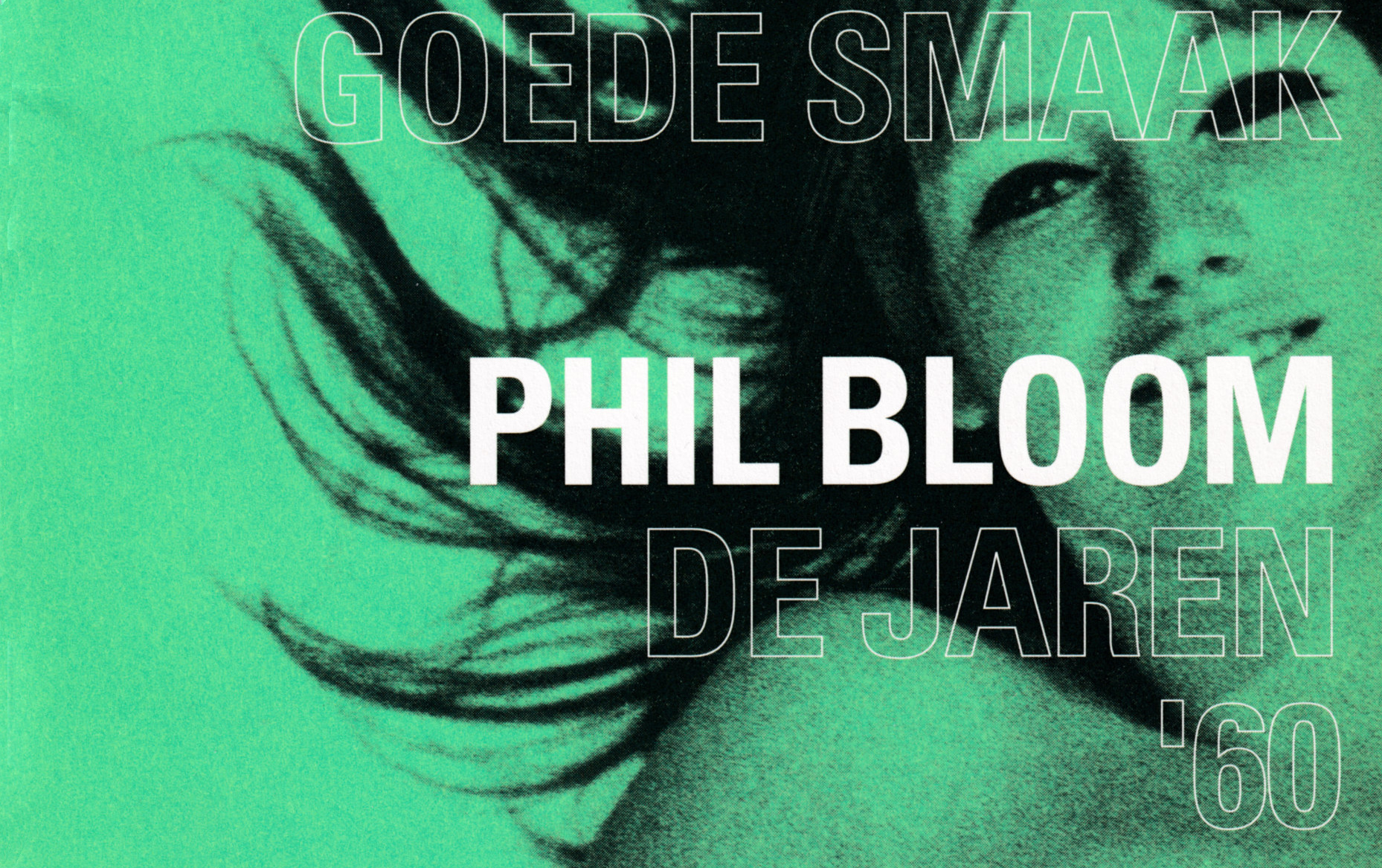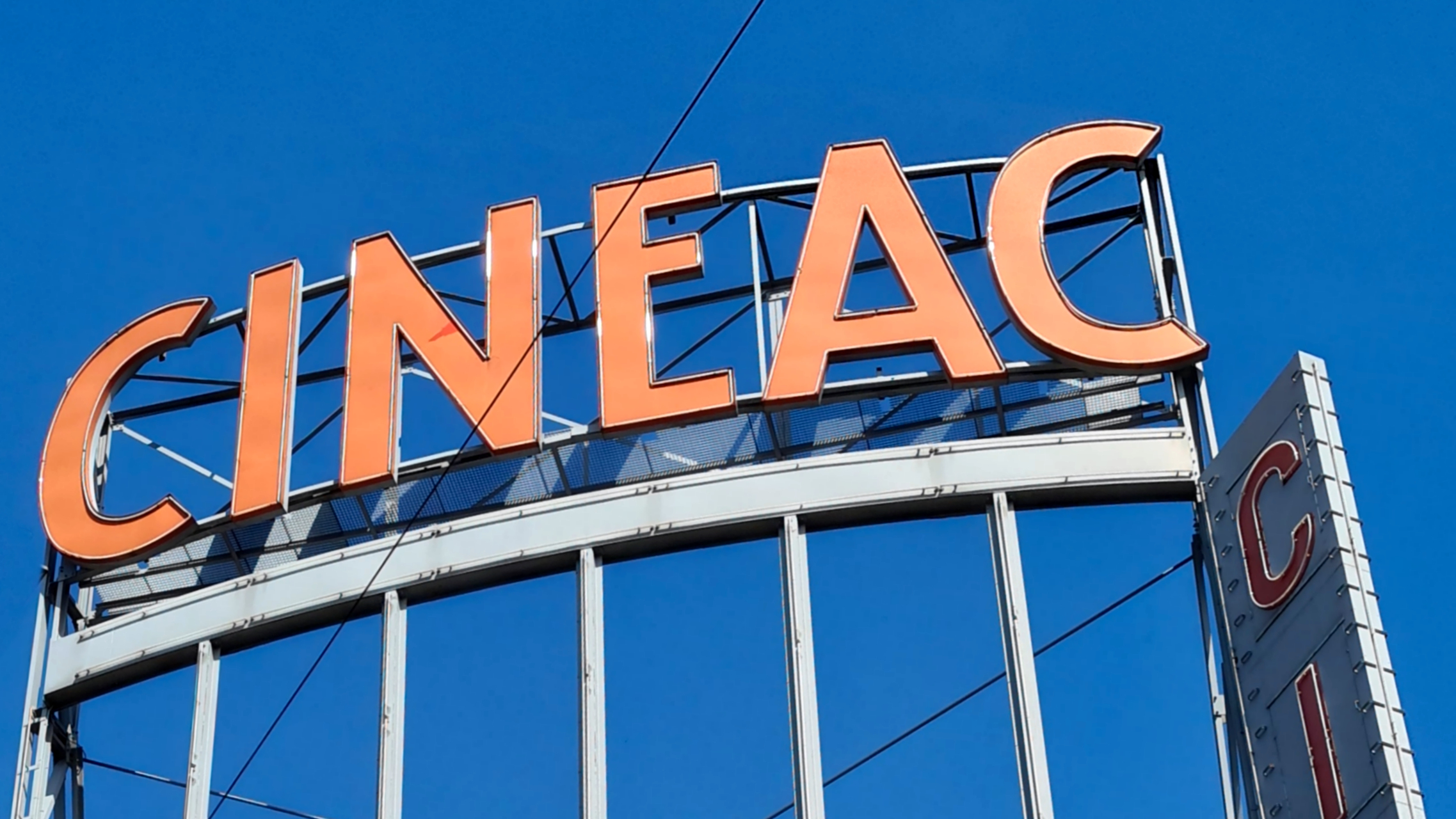While going through the Brill archives in the KVB collection at the Allard Pierson, I came across a purchase order from the 国立北平图书馆 National Library of Peiping dating back to 1940. The order was signed by T. L. Yuan, shorthand for 袁同礼 Yuan Tung-li (1895 – 1965), who served as the Acting Director of the National Library of Peiping at that time.

Yuan Tong-li was a renowned librarian and outstanding library director. He passed the entrance examination for the English Preparatory Class at Peking University in 1913 and graduated in 1916. He then went to the United States and earned a BA from Columbia College in 1922. He also earned a Bachelor of Library Science degree from the New York State Library School at Albany in 1923. Upon returning to China, Yuan was appointed as the director of the Peking University Library and professor of bibliography in 1925. In 1929, Yuan became the director of the National Library of Peiping.

北平Peiping was the former name for 北京Beijing/Peking, which was occupied by Japanese army during World War II (from the Lugou Bridge Incident (卢沟桥事变) on July 7, 1937, to September 9, 1945, General 岡村寧次Okamura Yasuji, Commander-in-Chief of the Japanese China Expeditionary Army, surrendered to General 何应钦He Yingqin, Commander-in-Chief of the Chinese Army). The National Library of Peiping had to evacuate Beijing and relocate to Kunming, Yunnan, in southwest China during this period, which was a distance of thousands of miles away. Therefore, this purchase order requested that the books be sent to the book post in French Indo-China (Vietnam), which is not far from Kunming.
This purchase order shows that despite the library's relocation to Kunming, overseas remittances were made through Shanghai, likely via banks located in the Shanghai International Settlement. At least until 1941, before the Japanese military fully controlled the area, financial activities in that region could operate normally.
Operating an exiled library during wartime posed significant challenges. Despite transporting a large number of books from Beijing, there was a critical shortage of manpower and funds to sustain operations. Librarians even had to take on part-time jobs at local banks to support themselves.
Nevertheless, this purchase order demonstrates remarkable resilience. Despite the wartime challenges and limited resources, the library continued maintaining its collection and research activities, including ongoing acquisitions of books from overseas.
Another interesting observation is that as early as in 1940, the National Library of Peiping had already developed dedicated English letterhead and could write overseas book orders fluntly in English, underscoring the Chinese higher education institutions' strong emphasis on international cultural exchange during that era!
Yun Xie holds a master’s degree in art history from Utrecht University and a Bachelor's degree in Art History from the University of Amsterdam. Her master's thesis, Republic of Characters: A Social Network Centered on the Hong Kong Type, received the prestigious 2022 Tiele Thesis Award. In 2022 and 2023, she was honored with the Brill Fellowship and Joh. Enschedé Fellowship, respectively, to conduct research related to the nineteenth-century Dutch typecasting industry and the production of non-Western typefaces. She is the Allard Pierson Vrienden Fellow of 2024.

